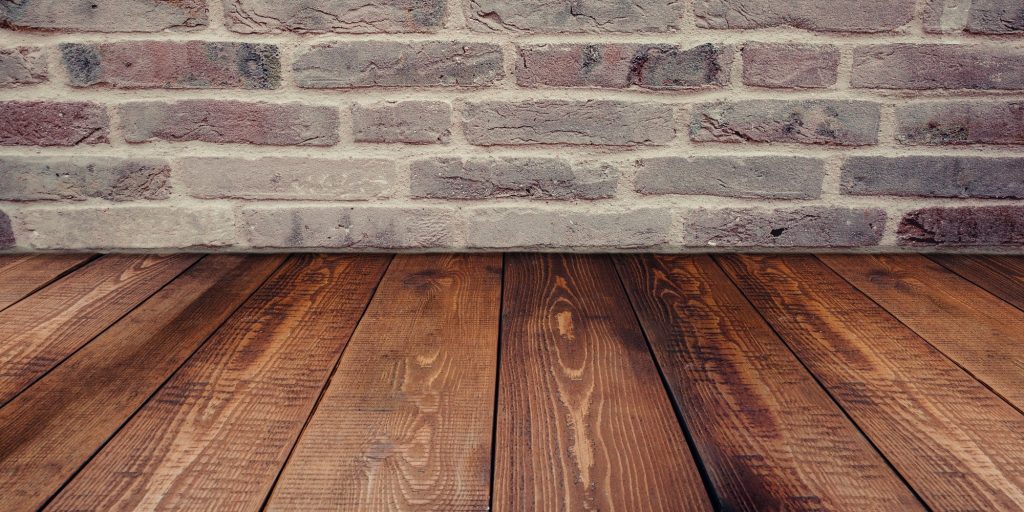4 Eco-friendly Options to Consider For Your Home’s Flooring
#Collaborative post

Your home’s flooring should not take away from the environment with much emphasis on sustainability and eco-friendly practices. Fortunately, flooring manufacturers are moving towards green technology. A survey revealed that 3 out of 5 Brits love to change or replace their homes’ flooring whenever they get the opportunity to renovate. This makes it even more imperative for manufacturers to double up their efforts in producing eco-friendly flooring materials. This article highlights some of the environmentally-friendly flooring options to consider.
Luxury Vinyl Floor tiles
Known as LVT Flooring, these products give the appearance of natural wood. Depending on the design, others may look like stone flooring. Either way, LVT flooring has several practical benefits in the home. Many people who choose LVT have all the features that top-quality flooring materials should have. In addition, it is water & scratch resistant, durable, and available in a broad budget spectrum.
Due to its practical advantages, most manufacturers give a 25-year product guarantee (for domestic use only). Designed as flexible planks or tiles, this flooring type does not require an adhesive to hold them in place. All it needs is to install by clicking each tile into place. In case you are unaware of the advantages of LVT flooring, here are a few for your consideration:
- They are warm, with a cushion feel.
- Excellent sound insulation (does not thump when walked on).
- Easy to replace a single damaged tile or plank.
Polished concrete floors
Concrete floors have been around for centuries and are made from cement, gravel, water, and sand. Even though the mixture requires a hardener, the core materials are sourced naturally from the environment, making it a desirable eco-friendly flooring choice. Additionally, the mixture is made to achieve a silky smooth finished look. If you ever thought concrete flooring is dull and mundane, you might want to reconsider. Depending on your preferences, it can be designed and tinted to give stylish hues that complement your home.
Apart from being sustainable, polished concrete flooring is durable and resistant to water damage and scratches. Moreover, when you choose this option, there will be no need to lay another flooring material over it. Polished concrete floors are excellent for entryways, corridors, and any part of the home with high traffic. You’ll be glad you used this flooring type because it is long-lasting and resistant to wear and tear.
Seagrass flooring
Seagrass has a waxy outer coating, which keeps dust away from its surface. As a flooring material, you can be sure that your seagrass floors will constantly give your home a clean appearance. In addition, seagrass flooring is non-porous, robust, durable, and feels comfortable on the feet, among other notable characteristics. The only downside is its tendency to be slippery. As a result, flooring experts advise interior designers and homeowners never to use them for staircases to avoid accidental falls.
In homes where children and pets love to run around, seagrass flooring provides that buffer to prevent scratches and other types of damage. Additionally, they are excellent choices for areas of the home with heavy footfall. How would you like your seagrass flooring fitted? While some people prefer to have a urethane underlay, others opt for direct glueing to the floor for a steadier finish.
Cork flooring
This flooring material comes from the phellem layer of the cork tree, and manufacturers have discovered its usefulness. First, cork oak makes an excellent eco-friendly flooring material because of its varied benefits. For example, the bark of the cork oak continues to draw carbon dioxide from the atmosphere even after it’s been harvested. Secondly, it contains a natural wax known as Suberin. This is a naturally occurring chemical that repels insects and can be an anti-allergen as well.
More importantly, the cork bark has unbelievable elasticity, which improves its usefulness as a flooring material. According to flooring experts, flexibility enhances the cork flooring’s ability to respond appropriately to environmental temperature. This means when it’s cold or hot, cork flooring will contract or expand without bulging, cracking, or damaging in general. Unfortunately, cork flooring is not scratch-resistant. Therefore, your pets could cause considerable damage with their claws.
Fortunately, it’s easy to select from a wide range of eco-friendly flooring options. Even better, there are products to suit every pocket without compromising on quality and performance. Moreover, it’s impossible to turn a blind eye to the move towards a greener and sustainable world. Therefore, when you build, buy or plan for a home, consider these flooring options to add a green appeal to your home.